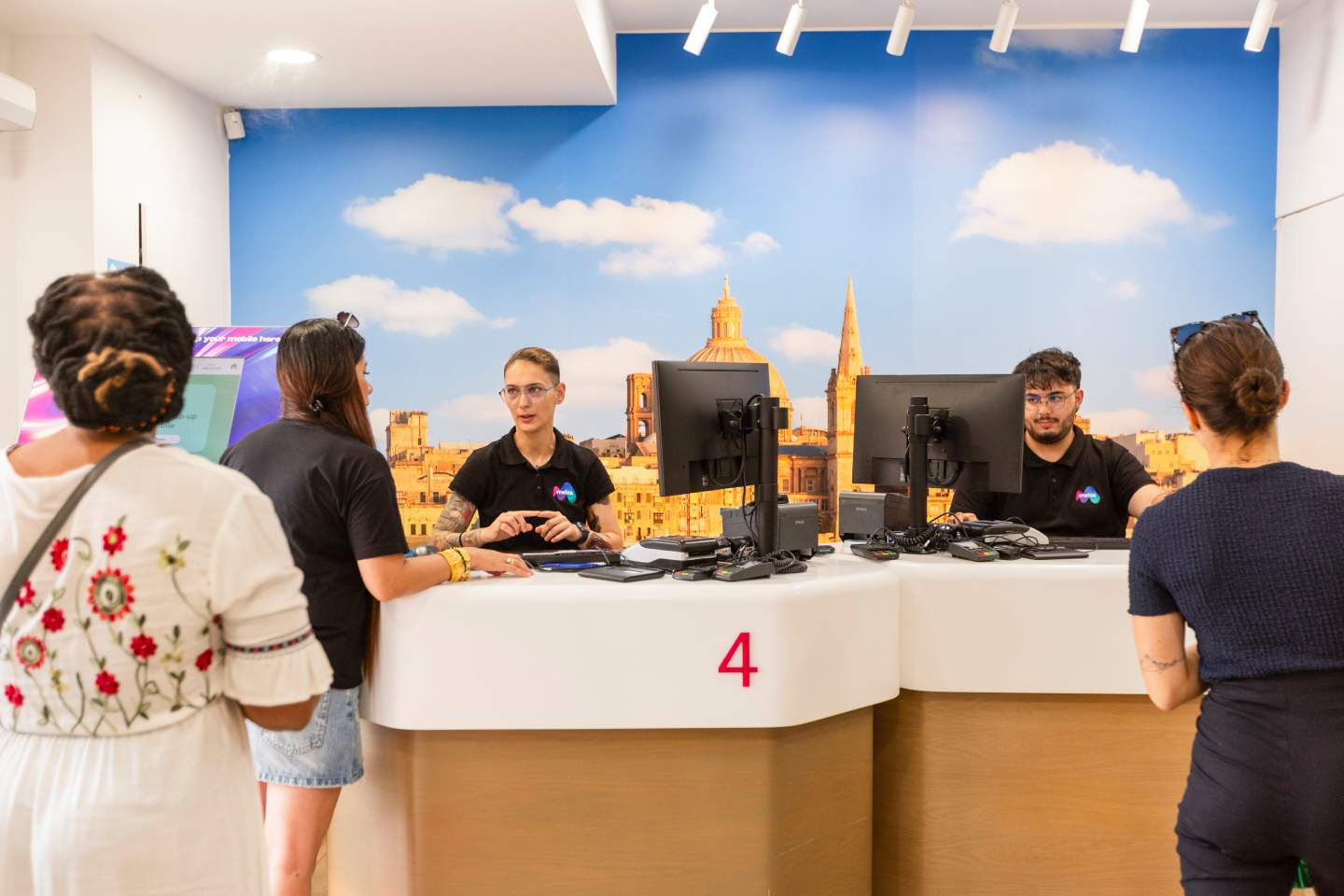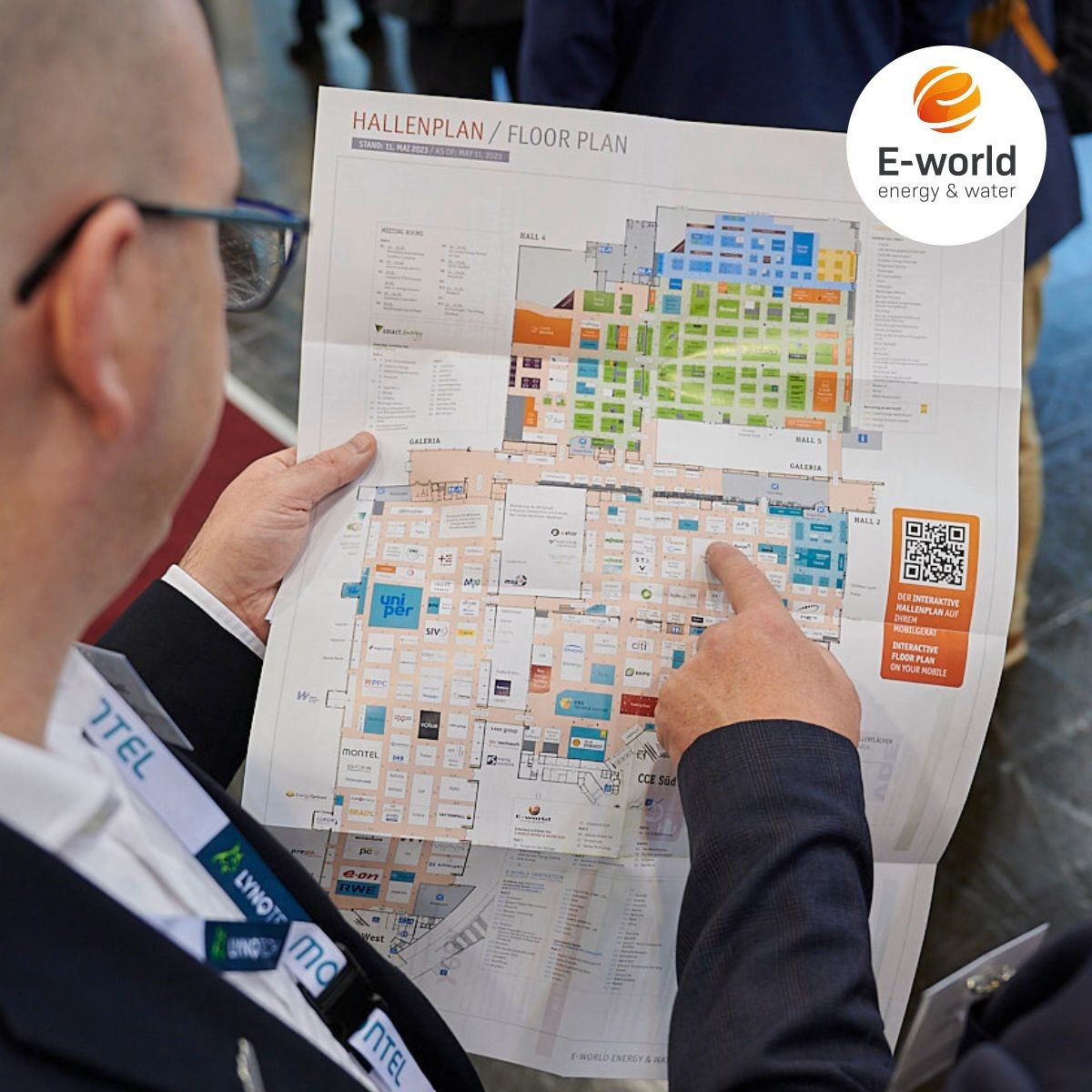
Travelling can be a true joy, and a bit of a challenge. This is especially true if you are on an international journey, moving from country to country. If you’re on a personal adventure, there are so many new places to see and incredible sites to discover and experience. Business travellers are making key connections, and bringing in new revenue and potential customers. As you travel overseas, you’ll have to find new ways of doing essential, everyday things like finding a reliable and fast internet connection.
What Are Your Internet Options When Travelling Abroad
There are a variety of Internet access options to research and choose from, ranging from using higher level plans from your existing mobile carrier to free wifi that might be available at different locations along the way.
Internet Access When Travelling Abroad
Before you embark on international travel, it’s important to map out a plan for your internet access while you are abroad. If you are planning to access the internet from your mobile phone, you’ll want to check whether roaming data is included in your mobile plan, or if you’ll need to pay extra, what the rates are, and if there are any limits. By doing your research up front, you’ll be sure to have the connectivity you need and peace of mind knowing what the cost of your data will be
If you have a prepaid plan or a plan with strict limits, consider turning off your mobile data when you leave for your trip. When you disable data roaming, you can help avoid expensive charges that you might otherwise incur in your overseas destinations.
Use Your Mobile Roaming Data
If you have a Melita Postpaid Endless plan, data roaming usage in the UK and EU countries is easy and affordable because you have Roam Like At Home coverage in all EU/EEA countries, . The monthly data limits available for periodic travel are generous, and follow EU law. Best of all, out of the 30 EEA countries and territories, Melita has 5G available in 23 of them and more are being added constantly. After Brexit, Melita kept the same allowances for its customers when they are travelling in the UK.
For those with Melita’s Total Connect Data SIM Plan, data that you use in the UK or EU is taken from the existing 10 GB allowance. It should be noted that if you are travelling in a European country that is not in the EEA, roaming charges will apply. Also, if you use your mobile data when you are travelling by air or sea, Roam Like At Home benefits do not apply.
Buy a SIM card
One of the more popular ways to assure you always have internet access and the data roaming abroad you need when travelling in Europe is to buy a prepaid SIM card prior to your trip. You can buy the card online and have it delivered to your home before you leave or, in some cases, you may be able to buy one in the country you are visiting. These cards will give you local access to the data networks you’ll need for Internet connectivity.
Some of the well-known SIM card providers have shops in the airport, or in many of the countries you might be planning on visiting, although if you are planning on this route, make sure the country you are visiting allows non-residents to buy SIM cards. You’ll want to check to make sure your phone is unlocked and will accommodate the SIM card.
Use Free WiFi in Hotels
If you don’t need access to the Internet all of the time, you could simply take advantage of free wifi at your hotels. It’s wise to check with the hotel chain or individual property to make sure this service is available at no extra charge. Filters in some of the online booking sites allow you to only search for hotels offering free wifi. A number of the large hotel chains offer wifi for free to travellers who are members of their rewards program.
Free WiFi Hotspots While Travelling
When you are going the free wifi route to support your data needs while travelling, you’ll also be able to connect at free wifi hotspots in cafes, restaurants, some shops, airports and museums. It’s wise to check that this is available in the countries you’ll be visiting; in New Zealand you’ll usually have to pay for wifi access in a café, regardless of how much you spend. Once in situ, ask at the counter in a cafe or restaurant and ask what you have to do to get access to the free wifi; in some cases, a purchase or rewards card may be necessary.
You can also download a helpful wifi finder app to use during your travels. It can find free wifi around your location and show the options on a map. If you invest in a wireless range extender you’ll be able to boost a weak signal, and that can give you more connectivity options.
Whichever free WiFi you try to use make sure you don’t fall into a fraudulent WiFi by mistake as you might end up paying more for it than you have spared with the free WiFi access. (https://www.mentalfloss.com/article/584236/6-ways-identify-if-youre-using-fraudulent-wi-fi)
Rent or Buy a Portable WiFi Hotspot
If you need regular internet access and reliable mobile data when travelling overseas, then a mobile wifi hotspot could be the solution. Basically, these devices are a battery-powered mobile wireless router that you can simply carry with you. With it, you can connect your tablet, laptop or phone to the Internet.
With your mobile hotspot, you’ll be able to securely connect to a local cellular data network and get the internet access that you need. Prices can vary depending on the country or countries you are visiting. Many offer data at 4G speeds, and you’ll have an option to either rent or buy the device.
Keeping Your Data Secure While Travelling
When you are travelling it’s critical that you take the steps to make sure that your data and devices stay safe. Before you leave home, you’ll want to back up all of your files and media. Software and operating systems should be updated to the latest level, to help secure against hackers gaining access through known bugs. You might think of changing your existing passwords to stronger versions and enabling two-step verification where possible.
Since the governments of some countries can require you to hand over your devices and may then download all of your data, you might want to consider using travel-only devices. These can be wiped and re-imaged easily and will not contain any sensitive information or documents. If you are not sure if a wifi network is secure, consider using your phone’s tethering to connect. The auto-connect feature for wifi and Bluetooth should be off. After you have returned home, you may also want to run an anti-virus scan on your system.






